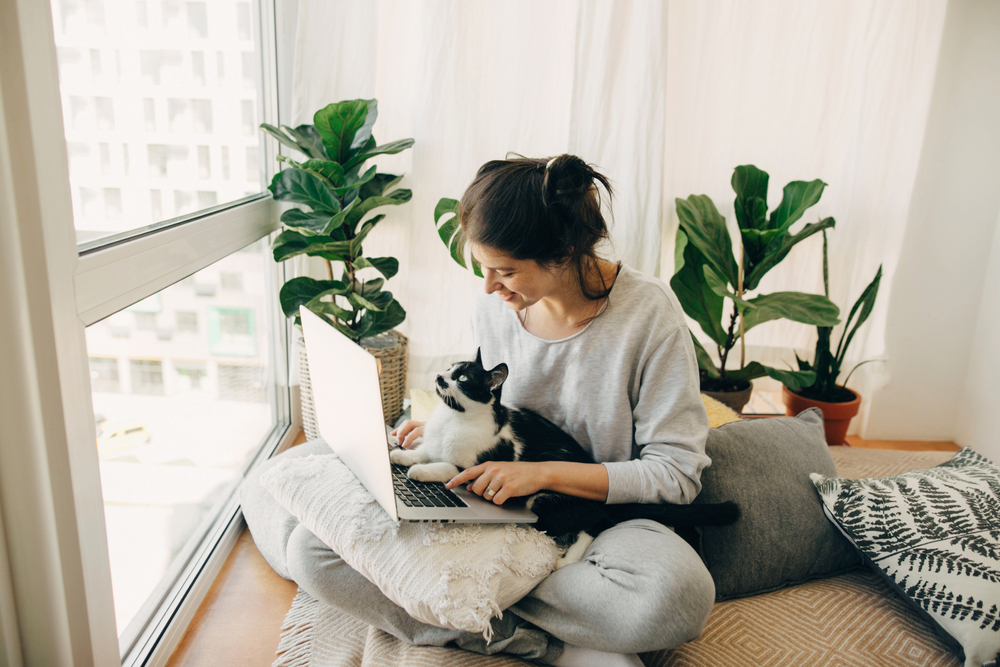Get a Free Estimate
Your information will not be shared. Safe Spray will send you a custom estimate.

Cleaning has become important amidst COVID-19, with people ensuring they are scrubbing and disinfecting every part of their homes. However, even as we are buying cleaning products to disinfect surfaces, we have to consider the safety of our pets as well. All these products that are effective in killing viruses might also be harmful to pets. Some of the ingredients we consider adequate contain products that could be toxic to animals. Pets usually have a sharp sense of smell that causes problems when around certain cleaning products.
Ingredients To Be Cautious About
The CDC recommends frequent cleaning of surfaces touched a lot, like doorknobs, electronic and light switches with cleaning products, followed by disinfecting them. The challenge is that most of these products considered adequate are not safe for pets. And while you can still use those products, you need to be extra cautious around pets. Some of the ingredients to be careful of include:
- Bleach
- Ammonia
- Isopropyl alcohol
- Glycol ethers
- Any chemical compound with the word “phenol”
- Formaldehyde
Cleaning Safely with Pets Around
Having pets in your home does not mean you cannot use cleaning products with these ingredients. It simply means you have to be extra careful to keep the pets safe. Here are a few steps you can take.
- Before using a product, check what ingredients it has and read the instructions carefully on how to use them. Also, watch out for how strong a product is, especially bleach or alcohol, and read how it should be diluted. Do not use more than what is recommended as that will affect the pets. The more accidental dose the pet consumes, the more toxic it is.
- Once you are done cleaning, rinse out the mops and buckets. If you are using wipes, dispose of them immediately. Keep all garbage bags or cans tightly closed at all times and close all cabinets or rooms containing cleaning equipment, products, and medication.
- Use shampoos formulated for washing pets and follow the instructions carefully. Also, do not automatically assume that a shampoo is safe for a dog or a cat unless a product specifically says it is okay. Avoid using wet wipes on your pets unless they are wipes for pet grooming.
What Happens When Your Pet Gets into Contact with Harsh Cleaning Products?
If you think your pet has been exposed to a toxic cleaning product, watch out for behavioral changes, including;
- Vomiting
- Diarrhea
- Coughing
- Difficult eating
- Irritated skin
- Foaming in the mouth or excess salivation
- Rashes
- Seizures
Here are Some Other Steps You Can Take
- Determine the cleaning product your pet has been exposed to, then read the instructions on steps to take after accidental ingestion.
- Contact the vet and inform them what product the pet has ingested and follow the advice they give.
As much as you love your pet and you do not want to watch it suffer, do not attempt treatment by yourself. If a vet is not available to advise, you can call the Animal Poison Control Center for assistance.

Get Your Free Quote Today!
We also offer a no obligation, free onsite service estimate.

 Get a free Consultation
Get a free Consultation